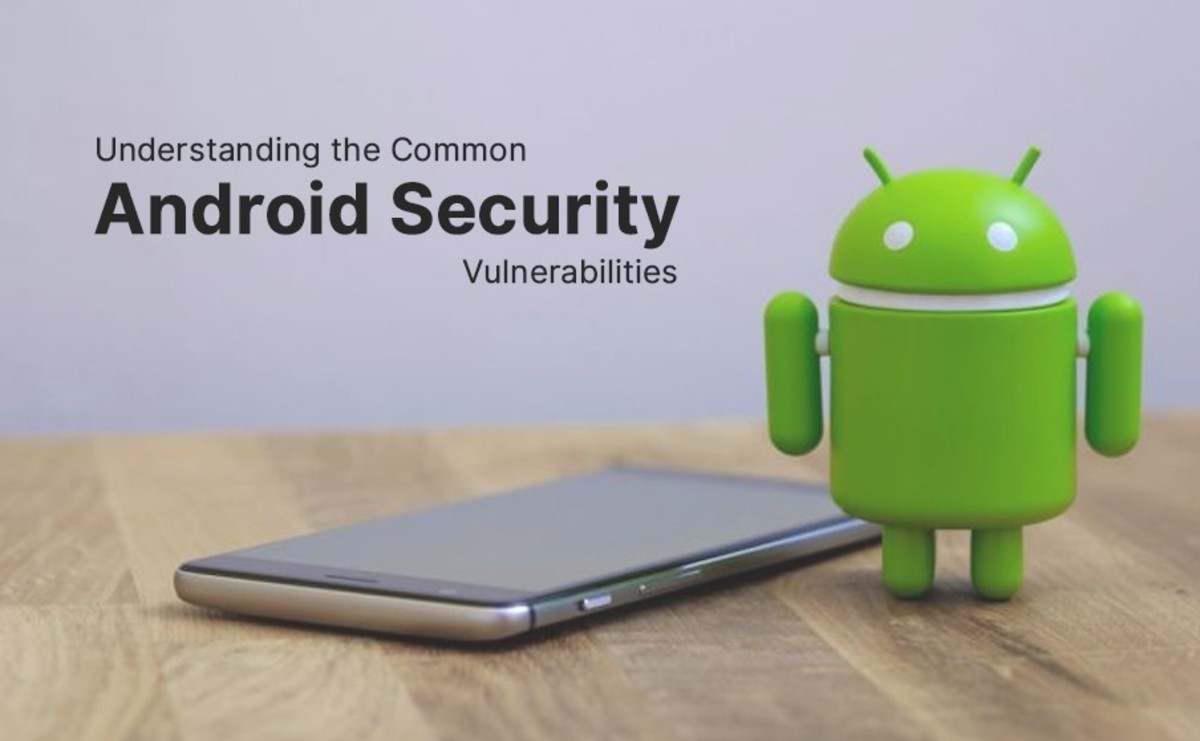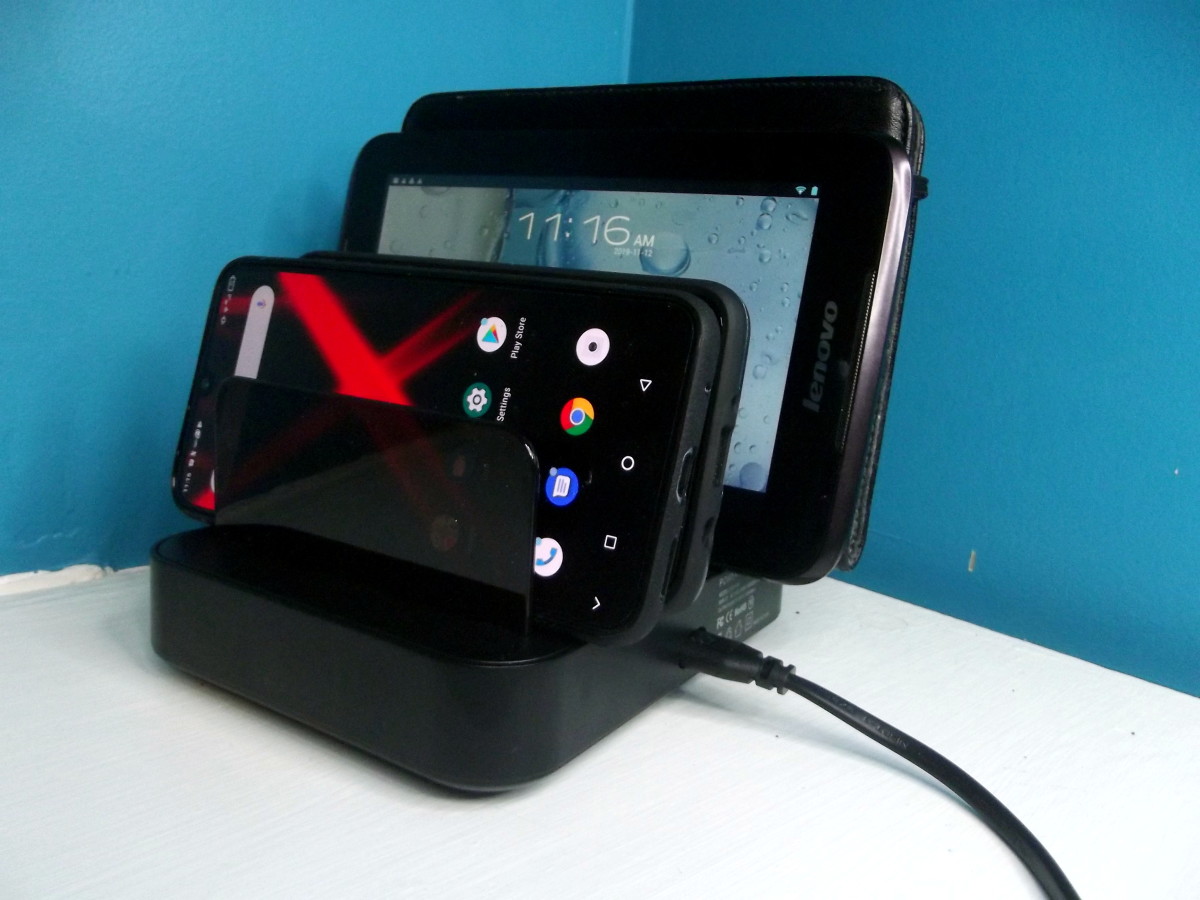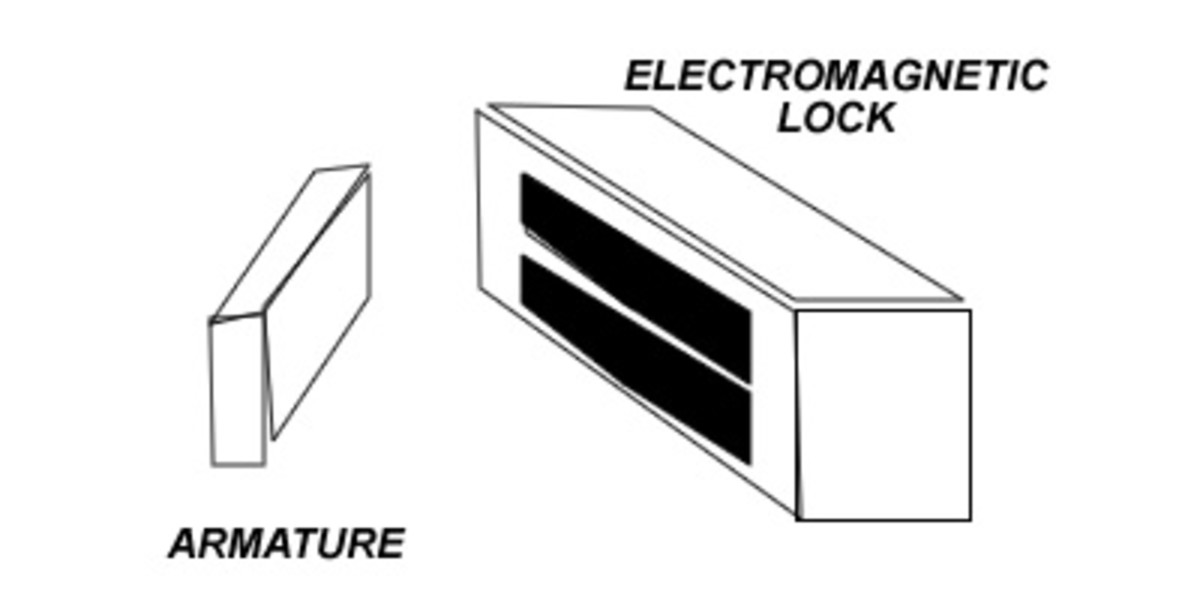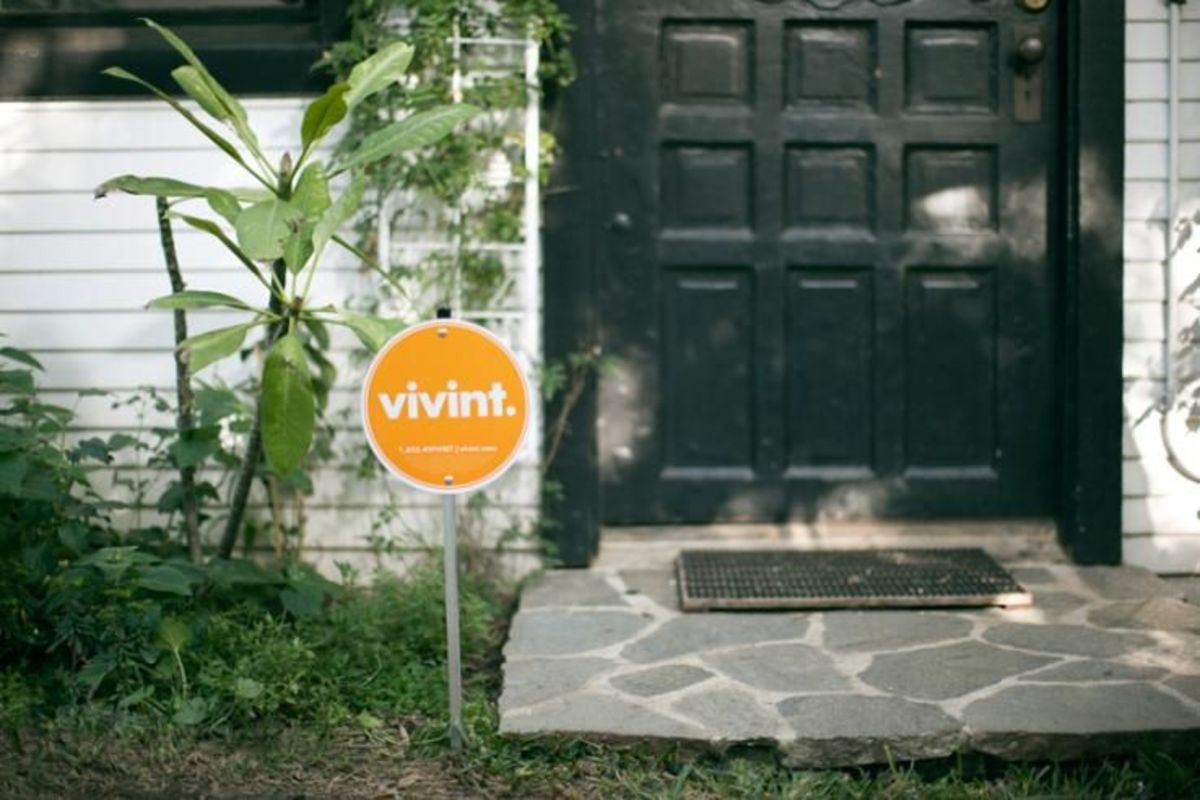Keys Replaced by Keycards, Remotes and Cell Phone Apps
The rattle of keys dragged from pockets, chains and purses, is now rarely heard as the traditional keys, we have relied on for security for hundreds of years, are being replaced by electronic devices. The remote devices used in cars and security keycards used in offices, hotels and apartment blocks are slowly being installed in homes are apartments, and these in turn are being replaced by cellphone apps.
New smartphone apps for the iPhone and other cellphones can now be used to unlock hotel, office and house doors and open garages and even car doors. There are security concerns, and flat battery issues, but the mechanical key was never that safe, despite all the advances to stop them being copied and duplicated. Remember the key pressed into plasticine in the movies, the ear listening to the lock on the safe door, and the classic lock pickers with the bits of wire.
The cellphone sends a signal through the Internet to a converter box or other internet connected system to open deadbolts or doorknobs. This advance is very similar to the remote device we have been using to open car doors, garages and keycard devices. Other systems tap into internal company networks, like the OnStar system, developed by General Motors to unlock car doors.
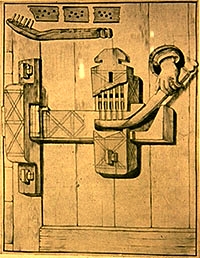
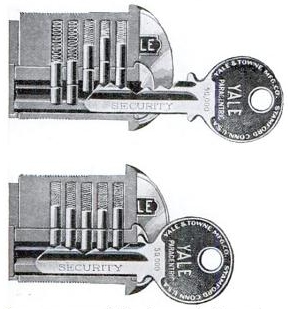
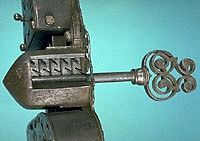
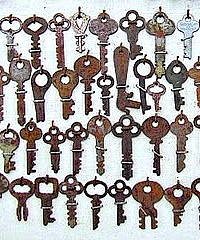
History of Locks and Development of Electronic Devices
Virtually everyone now has a cellphone and various start-ups companies, lock companies and car makers are taking advantage of broad acceptance of the technology which offers a universal replacement for all those keys that jangle in your pockets or purses.
The oldest known lock was an Egyptian one dated about 4,000 years old. The earliest known lock with a key as we know it dates from about 704 BC. in the Assyrian Empire in Khorsabad. It was found amongst the remain of the Emperor Sargon II's palace in Khorsabad. There is nothing new under the sun - it used a wooden pin tumbler principle that is still used in most modern locks.
Remote Locking Systems Via the Internet
The development of electronic internet lock system is reliant on the fact that more and more consumer goods and devices now are connected to the internet. This allows them to be controlled remotely and to have their software changed or updated.
Schlage, a major lock maker in the US, have developed a system that enables people to use their mobile phones to manage their home heating, lights, air-conditioning and security cameras. They can also unlock their doors from miles away to allow access for family members and trade- persons and the like. Customers buy specialised locks that can be controlled by wireless radio signals sent from an Internet-connected box in their home. The technology is similar to that being developed for smart electricity meters and controllers for turning heaters and air-conditioners off and on, and adjusting the thermostat remotely.
Mobile phone app allows hire-car customers to press a button on their phone screen that has an image like a key so as to unlock their car doors and/or their garage or security boom.
The car maker General Motors have developed and introduced a smart phone app that lets car owners unlock and lock their car doors and even start the engine remotely.
► You can warm up the engine on a freezing day or fire up cooler on a stifling summer day all from the comfort of you living room.
► Users can also use their phone to double-check that they has locked their car doors from the airport lounge.
But there are obvious disadvantages!
► If you have a dead battery you won't be going anywhere or opening anything.
► It’s unlikely you’d hide a spare phone under a rock or in the bushes, though many smart phone users make sure they have spare battery changes at work and even in their local coffee shop.
► Security may also be an issue.
Near Field Communication Locking Systems
The need to use the internet may be bypassed in the near future with the introduction of a method called Near Field Communications, or N.F.C. This mean that a smart phone to be waved like a magnetic card or keycard at a device controller that receives the signal and opens the door. It may involve technology similar to 'wave and pay' and other uses of mobile phones to pay bills and tolls on freeways.
One advantage of the technology is the keys can be set to expire - it can be hard to ensure that someone you give a mechanical key to will return it can not copy it. If you own and rent a holiday apartment you can install a Lockitron or other system for $300 for receiver system and about $40 to replace the door handle, lock and deadbolt.
Many people says it is worth the expense because he can sent the person who is renting the property the electronic key via the internet with a built in expiry date. Of course the battery on the renters cellphone may go flat and backup systems need to be available.
Cellphones are becoming more like the Swiss Army Knife
Two Aussies have designed the ultimate iPhone gadget for lovers of beer in bottles.
The IPhone Bottle Opener
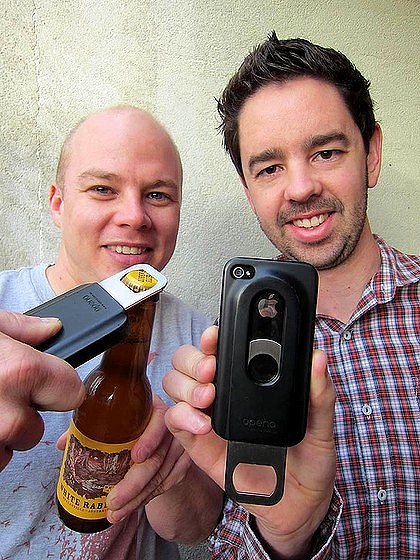
© 2011 Dr. John Anderson


